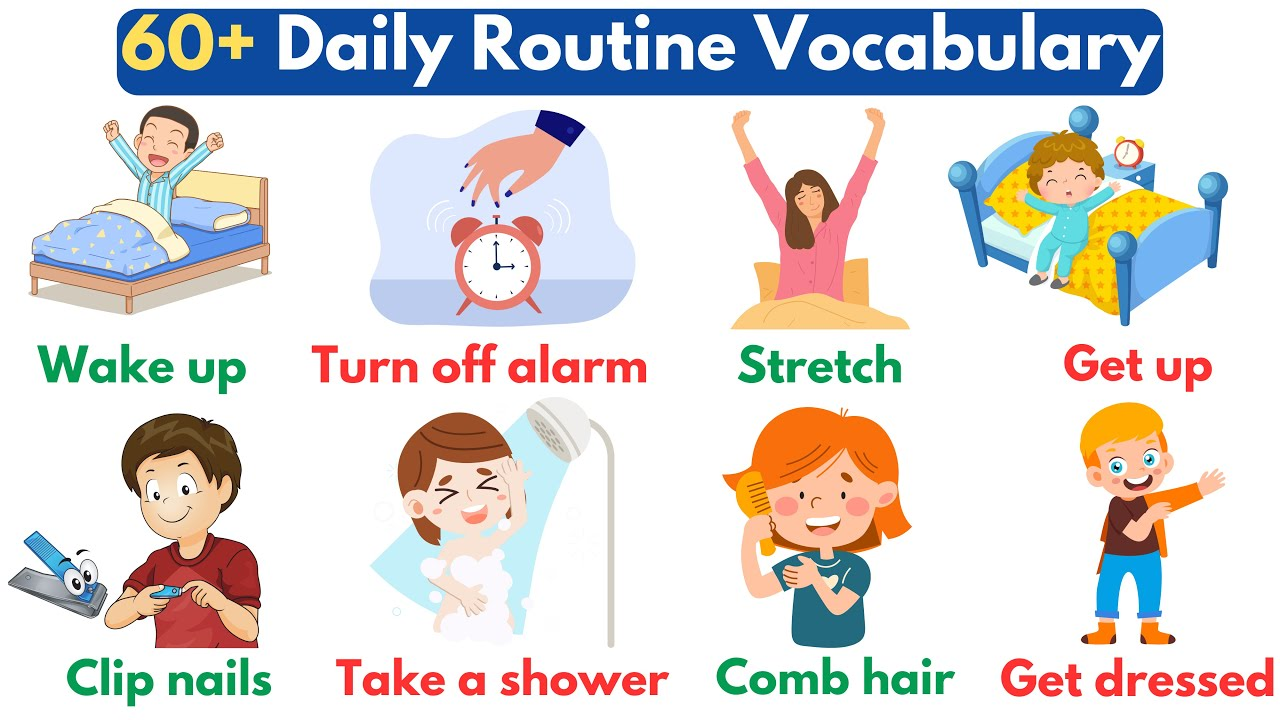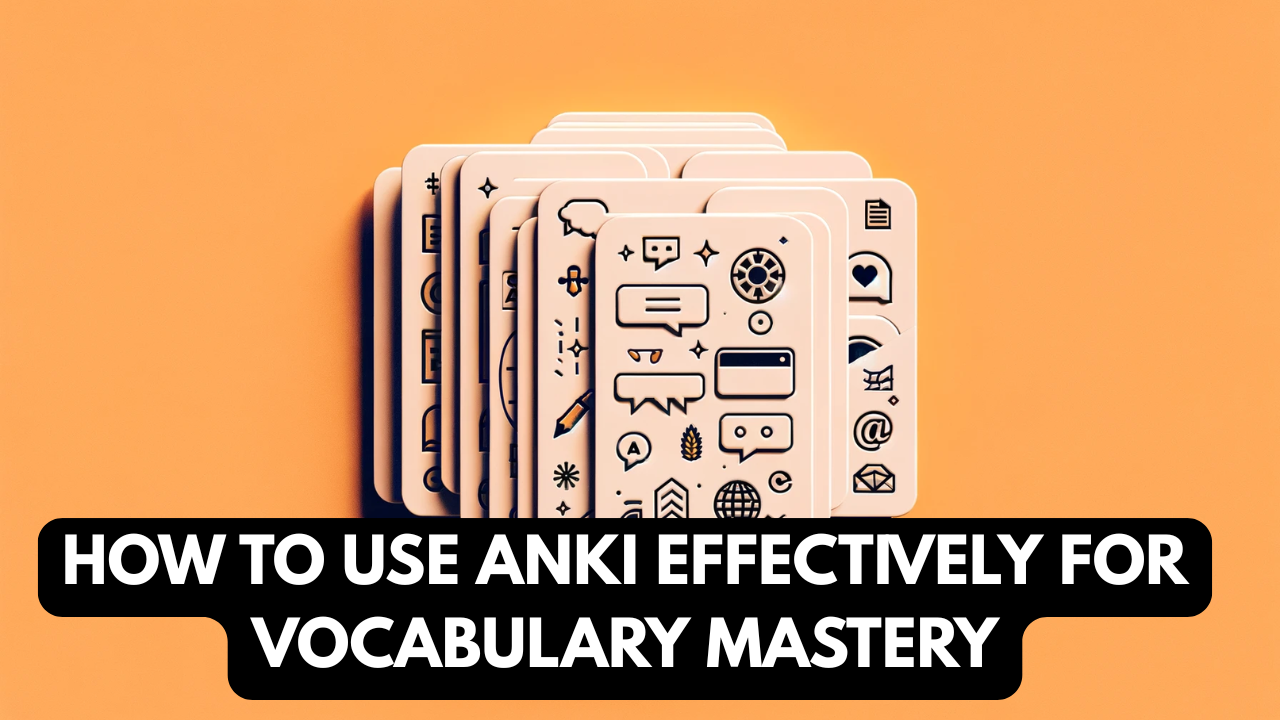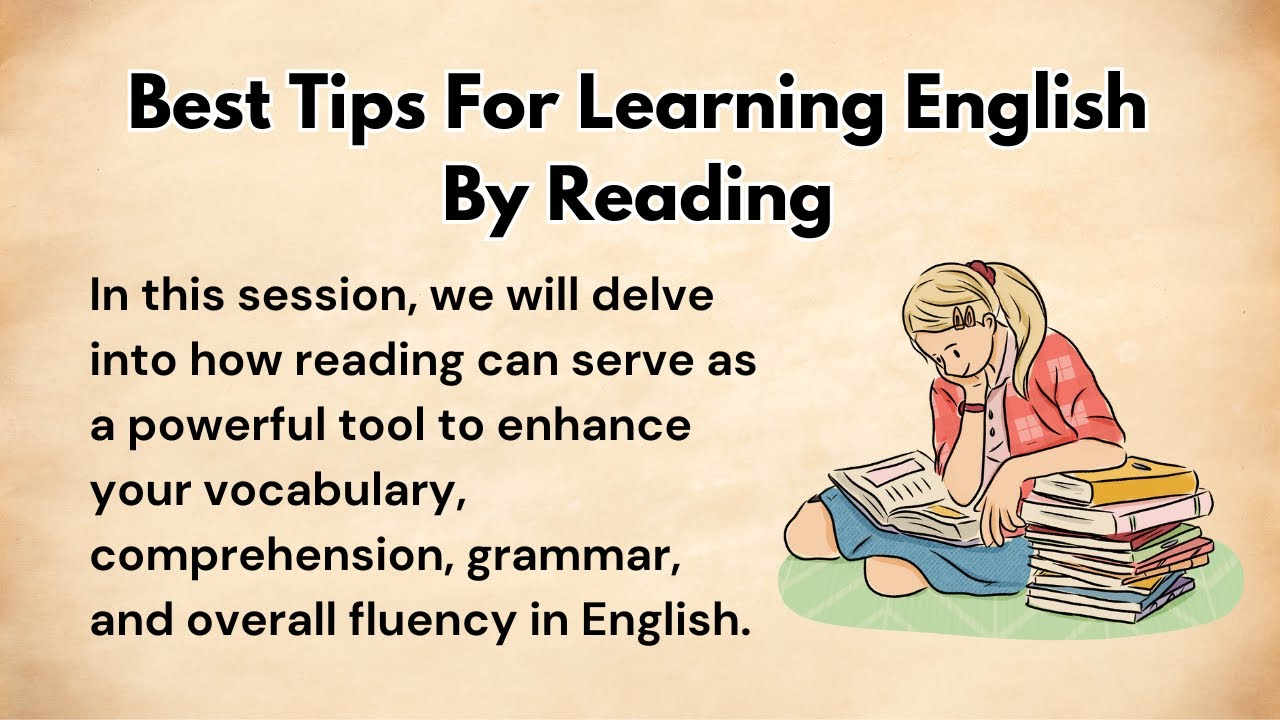Daily Vocabulary Practice Techniques That Work
Building a strong Japanese vocabulary doesn’t happen overnight—it comes from consistent daily practice. Many learners make the mistake of cramming hundreds of words at once, only to forget them within days. Instead, using the right daily techniques ensures that new words stick, become natural in usage, and eventually turn into active vocabulary you can recall … Read more










